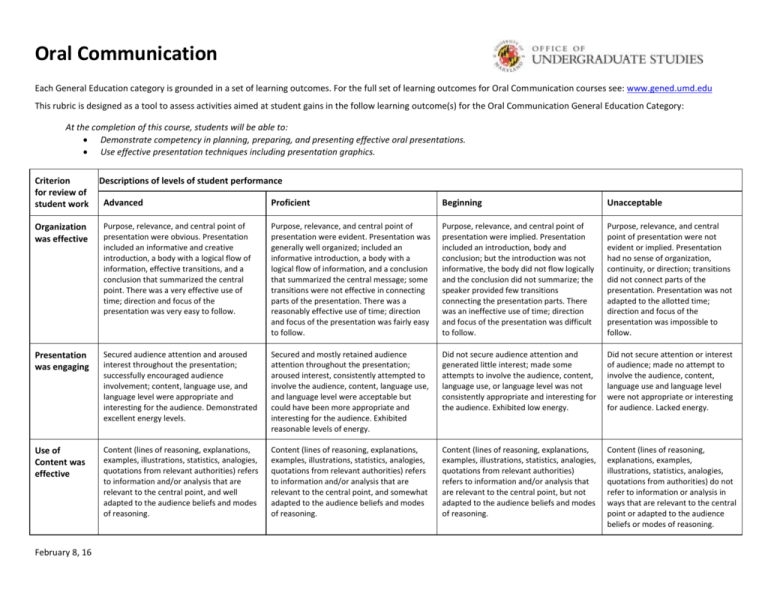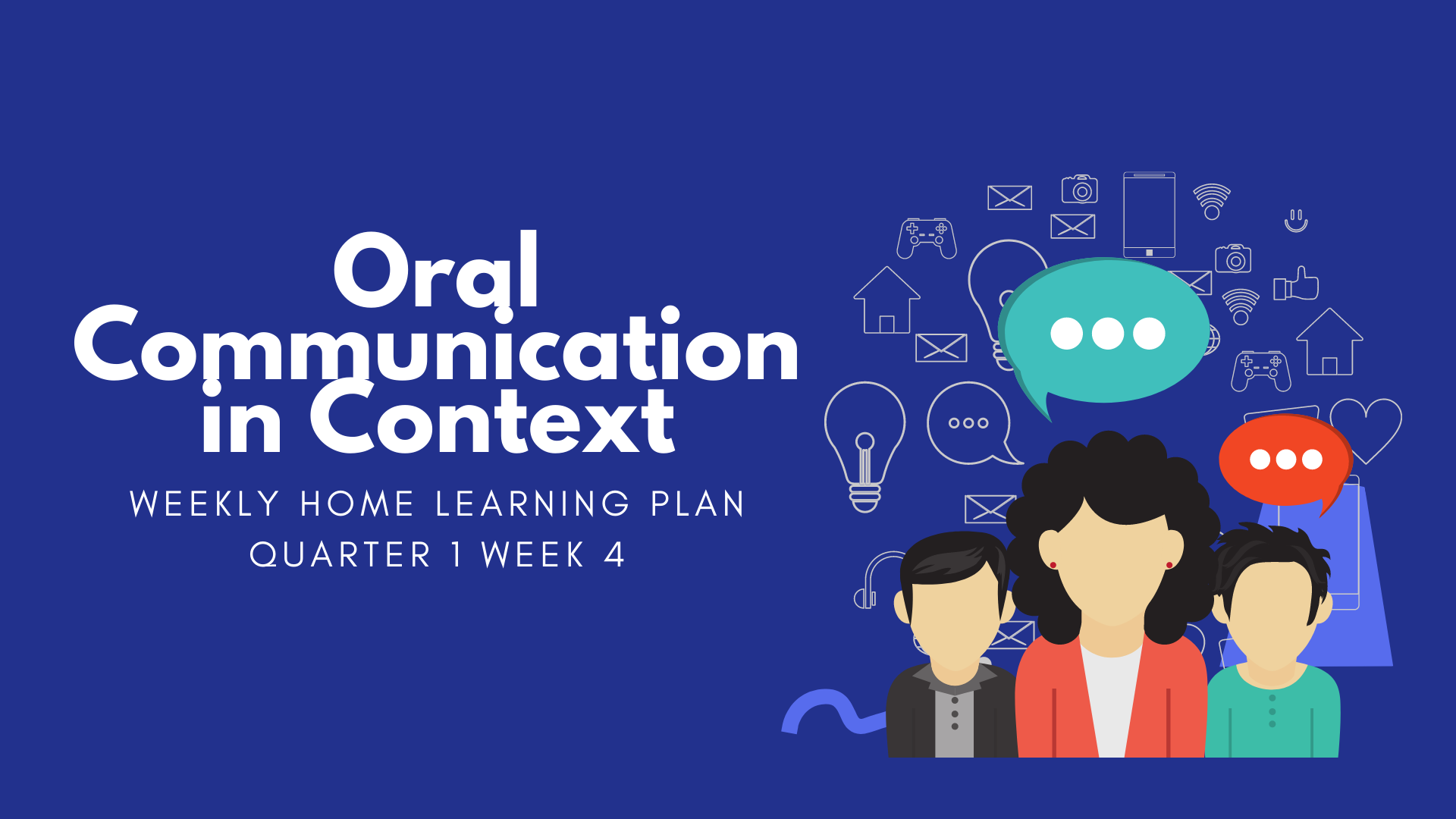Gwu Oral Communication Courses
Gwu Oral Communication Courses - Web two courses in critical thinking, quantitative reasoning, or scientific reasoning in the social sciences. Web nearly 900 students are pursuing b.a., m.a., m.s., and ph.d. One course that has an approved oral communication component. Click on the building to view the street address. One course in scientific reasoning (must be in natural and/or physical laboratory sciences). Click to view the same course offered by another department. Creative or critical thinking in the arts. Web the requirement includes 19 credits of approved courses in written and oral communication, critical analysis in the humanities, critical analysis in the social sciences, quantitative reasoning, and scientific reasoning, which includes a lab. Click on the course number to view the bulletin description. Web critical thinking, quantitative reasoning or scientific reasoning in the social sciences. Web two courses in critical thinking, quantitative reasoning, or scientific reasoning in the social sciences. The core courses offered by the eap program focus on academic research and writing, while elective courses target oral academic communication and other critical academic literacy skills. Web provides students with an overview of the major areas of study across the diverse field of communication.. One course that has an approved oral communication component. One course in quantitative reasoning (must be in mathematics or statistics). Two courses in critical thinking, quantitative reasoning, or scientific reasoning in the social sciences. Columbian college of arts & sciences. Web submit the gw ccas gpac submission form. Metropolitan area — prepares students to plan, implement, monitor and revise communication messages and processes within and across organizations. Web two courses in critical thinking, quantitative reasoning, or scientific reasoning in the social sciences. Programs in the department of communication are designed to prepare persons both for college and university teaching and for those other professions where extensive knowledge of. Web all courses that count toward the university general education requirement, as well as columbian college gpac courses, have been vetted by columbian college faculty to ensure they address the learning outcomes specific to the learning goals articulated in choosing a gpac designation below. In this course students will investigate and analyze key ways of examining the relationships between migration. In this course students will investigate and analyze key ways of examining the relationships between migration (flows of human beings across internal administrative borders as well as international borders) and the city, through readings on migration theories and processes, the evolution of immigrant enclaves and. Click to view the same course offered by another department. Only those courses that are. Web submit the gw ccas gpac submission form. Web the master of arts in communication management — the only degree of its kind in the d.c. Web a multidisciplinary examination of the conceptual foundations of culture, the effects of culture on communication in comparative and multicultural contexts, and the suggested guidelines for communication competence in intercultural communication settings. Web the. Web critical thinking, quantitative reasoning or scientific reasoning in the social sciences. Click on the course number to view the bulletin description. Web all courses that count toward the university general education requirement, as well as columbian college gpac courses, have been vetted by columbian college faculty to ensure they address the learning outcomes specific to the learning goals articulated. Click on the building to view the street address. One course that has an approved oral communication component. One course that has an approved oral communication component. Columbian college of arts & sciences. Click to view the same course offered by another department. Click on the building to view the street address. One course that has an approved oral communication component. Web the requirement includes 19 credits of approved courses in written and oral communication, critical analysis in the humanities, critical analysis in the social sciences, quantitative reasoning, and scientific reasoning, which includes a lab. Click to view the same course offered by. Columbian college of arts & sciences. Two courses in critical thinking, quantitative reasoning, or scientific reasoning in the social sciences. One course that has an approved oral communication component. Web two courses in critical thinking, quantitative reasoning, or scientific reasoning in the social sciences. Metropolitan area — prepares students to plan, implement, monitor and revise communication messages and processes within. One course that has an approved oral communication component. The core courses offered by the eap program focus on academic research and writing, while elective courses target oral academic communication and other critical academic literacy skills. One course in scientific reasoning (must be in natural and/or physical laboratory sciences). In this course students will investigate and analyze key ways of examining the relationships between migration (flows of human beings across internal administrative borders as well as international borders) and the city, through readings on migration theories and processes, the evolution of immigrant enclaves and. One course that has an approved oral communication component. Two courses in critical thinking, quantitative reasoning, or scientific reasoning in the social sciences. Web two courses in critical thinking, quantitative reasoning, or scientific reasoning in the social sciences. The oral communication requirement trains students in the effective interpretation, composition, and presentation of information, ideas, and values to specific audiences. The department trains persons for research and teaching within most of the major domains of the study. One course that has an approved oral communication component. Click on the course number to view the bulletin description. Creative or critical thinking in the arts. Web all courses that count toward the university general education requirement, as well as columbian college gpac courses, have been vetted by columbian college faculty to ensure they address the learning outcomes specific to the learning goals articulated in choosing a gpac designation below. Web critical thinking, quantitative reasoning or scientific reasoning in the social sciences. Web the requirement includes 19 credits of approved courses in written and oral communication, critical analysis in the humanities, critical analysis in the social sciences, quantitative reasoning, and scientific reasoning, which includes a lab. Web nearly 900 students are pursuing b.a., m.a., m.s., and ph.d.
Oral Communication General Education

The Importance of Oral Communication Advancement Courses

Strategic Communications The Washington University Online

Oral Com Q2 Module 2 2 Oral Communication in Context Quarter 2

Oral Communication in Context Weekly Home Learning Plan Quarter 1 Week 4

Oral Communication In Context Overview YouTube

Oral Communications Course Ottawa World Skills

Introductory speech 2 Oral Communications Course YouTube

Q2 Module1 11 Oral Communication in Context

Oral Communication Courses Undergrad
One Course In Scientific Reasoning (Must Be In Natural And/Or Physical Laboratory Sciences).
Web A Multidisciplinary Examination Of The Conceptual Foundations Of Culture, The Effects Of Culture On Communication In Comparative And Multicultural Contexts, And The Suggested Guidelines For Communication Competence In Intercultural Communication Settings.
One Course In Quantitative Reasoning (Must Be In Mathematics Or Statistics).
Metropolitan Area — Prepares Students To Plan, Implement, Monitor And Revise Communication Messages And Processes Within And Across Organizations.
Related Post: